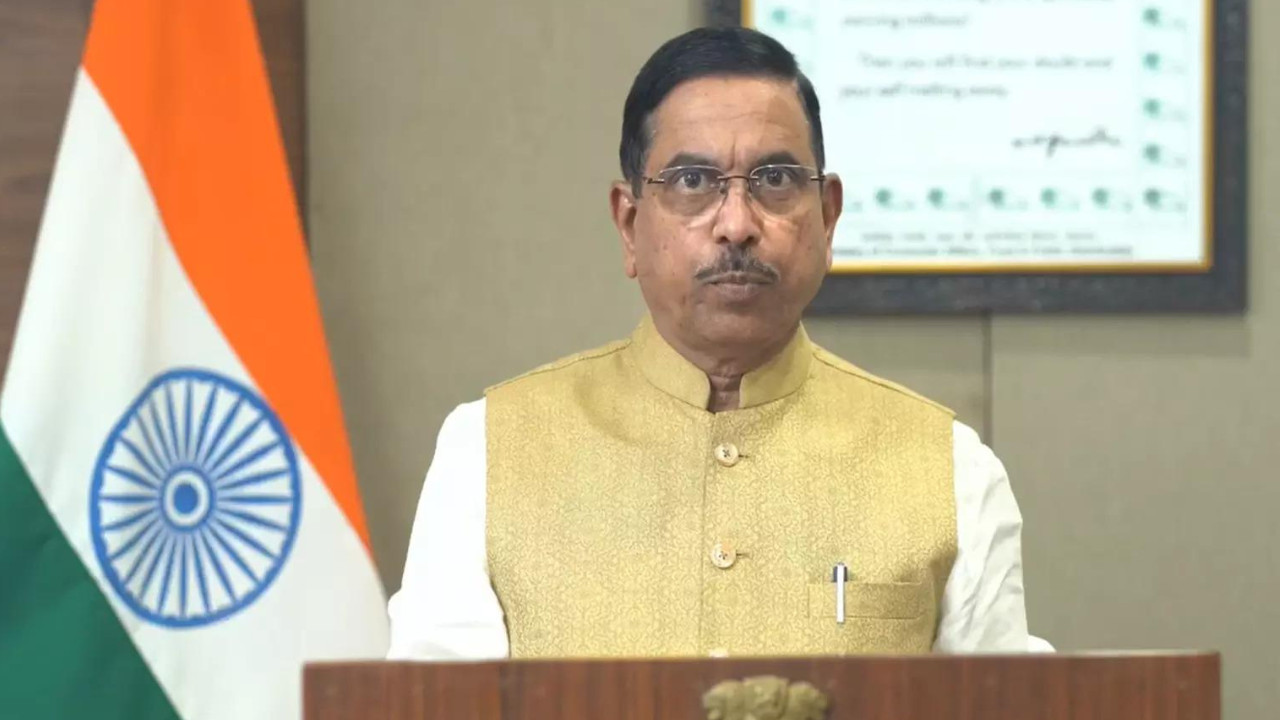The CBDT has initiated a probe into potential tax evasion and money laundering through virtual digital asset investments. Discrepancies between ITR filings and TDS data from crypto exchanges triggered the scrutiny. The tax authority is urging individuals to review and update their ITRs to accurately reflect income from VDA transactions under the “NUDGE” framework.
Crypto Investors, Uncle Sam’s Watching: The Taxman Cometh for Unexplained Digital Fortune
Okay, crypto enthusiasts, let’s talk. You know that electrifying buzz that comes with watching your digital portfolio potentially moon overnight? Yeah, well, the folks at the Central Board of Direct Taxes (CBDT) have noticed it too. And they’re taking a closer look, a very close look, at the less-than-transparent corners of the Indian crypto landscape.
It seems the promise of decentralized finance, the allure of blockchain innovation, and the sheer thrill of potential riches have attracted not just legitimate investors, but also, allegedly, some… let’s call them creative accountants. The CBDT isn’t exactly throwing stones in the dark here. They’re reportedly arming themselves with data analytics tools and diving headfirst into transaction records to identify those individuals who might be using crypto to squirrel away undeclared income.
Think of it as the digital equivalent of finding wads of cash stuffed under your mattress. Only, instead of a mattress, it’s a complex network of wallets, exchanges, and pseudonymous transactions.
So, what exactly is triggering this heightened scrutiny? Well, it boils down to a simple equation: significant crypto gains + a questionable source of funds = a red flag. The CBDT isn’t just blindly chasing down every crypto investor. They’re focused on individuals whose reported income doesn’t quite align with their conspicuous crypto holdings.
We’re talking about situations where someone declares an annual income of ₹5 lakhs but is sitting on a crypto portfolio worth ₹50 lakhs. Where did that extra ₹45 lakhs come from? That’s the question the tax authorities are undoubtedly asking.
And it’s not just about the size of the portfolio. The nature of the transactions is also under the microscope. Were there large, unexplained transfers into crypto exchanges? Are there patterns of buying and selling that suggest an attempt to launder money or evade taxes? These are the breadcrumbs the CBDT is following.
This isn’t just a theoretical exercise, either. Reports suggest that the CBDT has already started issuing notices to individuals flagged as potential cases of tax evasion. So, if you’ve been operating in the grey areas of the crypto world, you might want to start reviewing your records and consulting a tax professional, pronto.
Now, some might argue that this is an overreach, an attempt to stifle a nascent industry. They might claim that the government is unfairly targeting crypto investors while turning a blind eye to other forms of tax evasion. And, honestly, there’s a kernel of truth to that. The regulatory landscape surrounding crypto in India is still evolving, and there’s a risk of stifling innovation if the government is too heavy-handed.
However, let’s be realistic. Every financial system needs safeguards to prevent illicit activities. And when a significant amount of wealth starts flowing through a largely unregulated channel, it’s only a matter of time before the authorities step in.
The reality is that crypto, despite its promise of decentralization, is not immune to the laws of the land. You still have to pay your taxes, and you can’t use crypto to hide money from the government. It’s a hard pill to swallow for some, especially those drawn to crypto precisely because of its perceived anonymity.
So, what’s the takeaway from all this? Well, a few things:
* Transparency is key: Keep meticulous records of all your crypto transactions. This includes purchase prices, sale prices, dates, and the identity of the parties involved.
* Declare your gains: Treat your crypto investments like any other asset. Report your profits and losses accurately on your tax returns.
* Seek professional advice: If you’re unsure about the tax implications of your crypto investments, consult a qualified tax advisor. Don’t try to navigate this complex landscape on your own.
* Expect increased scrutiny: The CBDT’s investigation is likely just the beginning. Expect increased regulatory oversight of the crypto industry in the coming months and years.
This isn’t necessarily a bad thing. In the long run, clearer regulations can actually legitimize the crypto industry and attract more mainstream investors. However, it does mean that the days of wild west crypto trading in India might be numbered. The party isn’t over, but the lights are definitely coming on. And if you’ve been dancing in the dark, it’s time to step into the light and get your affairs in order. The taxman, after all, always gets his due. And in the digital age, his reach is longer and more precise than ever before. You’ve been warned.
📬 Stay informed — follow us for more insightful updates!







